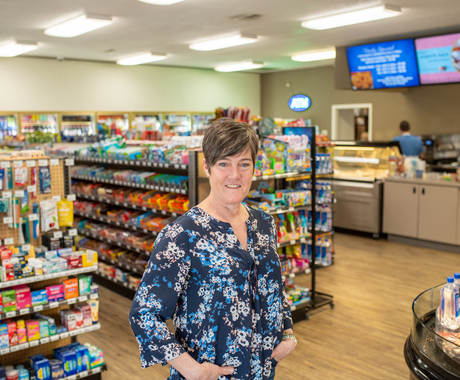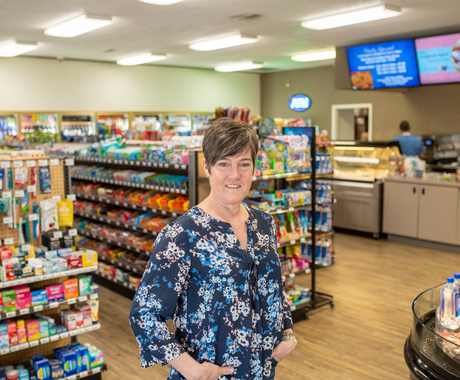By Mary Kuhlman, reposted from Public News Service
Iowa farmers are in the midst of harvest season, but many are pausing to share the fruits of their labor with local kids. October is Farm to School Month, and activities and events around the state are educating students about eating healthy foods.
Ellen Walsh Rosemann, who owns Farm Table Procurement and Delivery in Harlan, a food hub that distributes and transports food grown around Iowa to schools, said that when kids know where their food comes from, they are more likely to become better educated as consumers.
"When they're going grocery shopping with their parents, they might say, 'Oh, let's try that kale. We sampled that today during class,' and maybe their parents never have tried something like kale before," Rosemann said. "So, they're willing to try new foods, especially when their minds are young and more receptive to trying new things."
Some classrooms visit local farming operations during Farm to School Month, and some growers step into the classroom to share their knowledge. It's also an opportunity to connect farmers with schools to increase the local food options available in the cafeteria.
Rosemann said other farm-to-school activities include school gardens and composting projects, which even can be school fundraisers.
"Thirty percent of our food is actually thrown away, and it's becoming a huge problem," she said. "So, they're composting food on their school grounds and then maybe the FFA chapter is selling that compost back to the community, to some people for their gardens."
Rosemann said the farm-to-school movement is building momentum in Iowa and elsewhere.
"Forty-two percent of U.S. schools are participating in some sort of farm-to-school effort, so that's 23.6 million students across this nation that are learning about local food and farm-to-school," she said. "And there's 40 states that are very supportive in policy, Iowa being one of them."
She said farm-to-school programs are linked to improved public health, community economic development and environmental quality.




